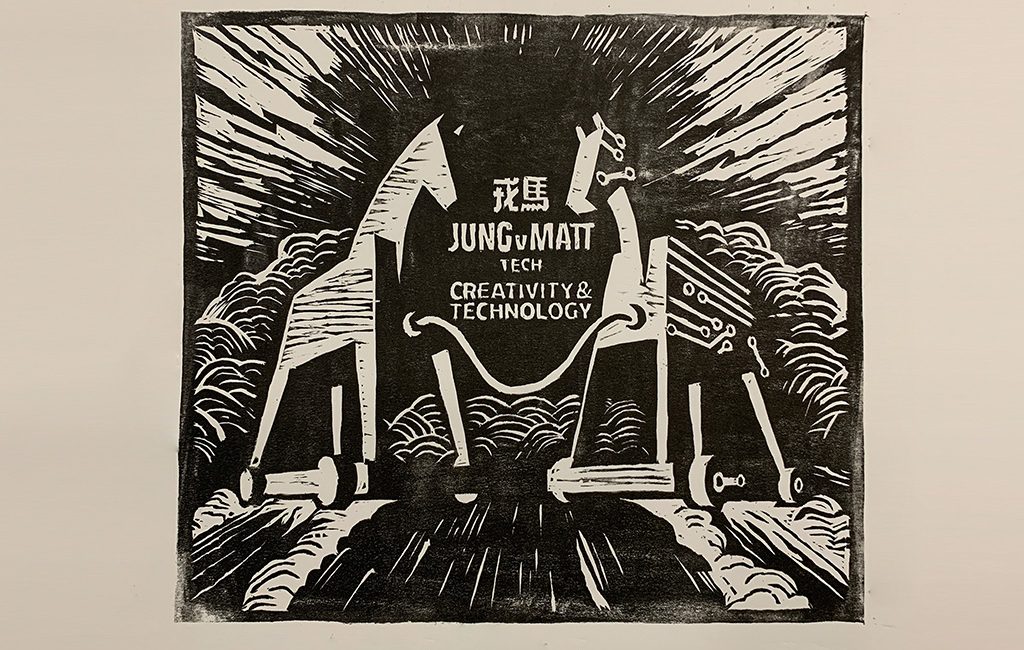
Understanding Generation Z in China
Generation Z is crucial to today’s and tomorrow's industries. But who are they in China? What do they stand for? And how are they different? These are my observations.
Firstly, China's rapid yet uneven economic growth has deeply influenced their diverse personalities.
The family's financial status during formative years—childhood through adolescence—profoundly shapes character and conduct. Unlike prior generations, the swift and uneven economic progression created a vast financial disparity among Gen Z's parents. This disparity permeated every facet of their children's lives, naturally segmenting them into three classes: the wealthy, the average, and the poor. Each experiences life differently.
The Wealthy:
Parents who transitioned from poverty to affluence tend to be more indulgent. They not only provide their children with brands like Nike and Apple but also superior educational opportunities and a foundation for future wealth. With nearly everything purchasable at their fingertips, why chase conventional success? Their comfortable financial standing imbues them with confidence. China's scarcity of elite education further frees them, turning their focus inward, valuing personal talents and preferences. Surprisingly, the Gen Z elite seem voiceless, lacking iconic figures akin to HanHan or even Wong Susong.
The Average:
This segment aspires to affluence, often emulating the rich. As children and adults, their circumstances remain largely static. Society's influential positions, held by those born in the '70s and '80s, will likely be inherited by their offspring. This group grapples with a rigid social hierarchy. They're ensnared in a relentless pursuit of limited opportunities, a "rat race" or "内卷" as termed in Chinese. Their aspirations, once limited to Nike shoes and iPhones, have escalated to luxury brands and supercars. These status symbols provide fleeting satisfaction, explaining why some young employees splurge on luxury items with modest salaries, consequently incurring debts. While a few manage upward social mobility, complacency and vanity persist, threatening their newfound status.
THE POOR:
This group often faces ridicule, isolation, and the more insidious pitfall of becoming accustomed to dependency. Unlike Western societies, China's traditional ethos and distinct political climate foster complacency, epitomized by the popular term "lying flat" or "躺平".
Secondly, global economic stagnation and the erosion of universal values offer them a refreshed outlook.
As most of Gen Z enters the competitive arena, opportunities, scarcer than before, intensify competition. Diligence often meets disillusionment. Mantras like "Just Do It" or "Impossible is Nothing" ring hollow. They're skeptical of the narrative that hard work guarantees success. The waning allure of Western ideologies, juxtaposed with China's emerging nationalistic fervor, positions Gen Z as China's most patriotic youth.
Thirdly, the intersection of China's one-child policy and cultural traditions yields a mosaic of disparate interest tribes within Gen Z.
China's societal structure is clan-based. However, the majority of Gen Z are sole children, intensifying feelings of solitude and prompting a search for communal belonging. This, combined with the aforementioned societal divisions, results in a Gen Z populace scattered across varied interest tribes, ranging from Han costume enthusiasts to hip-hop aficionados.
"Slowing down" isn't a pessimistic forecast. An excessively efficient society can be detrimental to its constituents, potentially hastening societal degradation.
This isn't a research-backed article, and my perspectives might evolve. If you resonate with these observations and choose to share, please credit the source.


